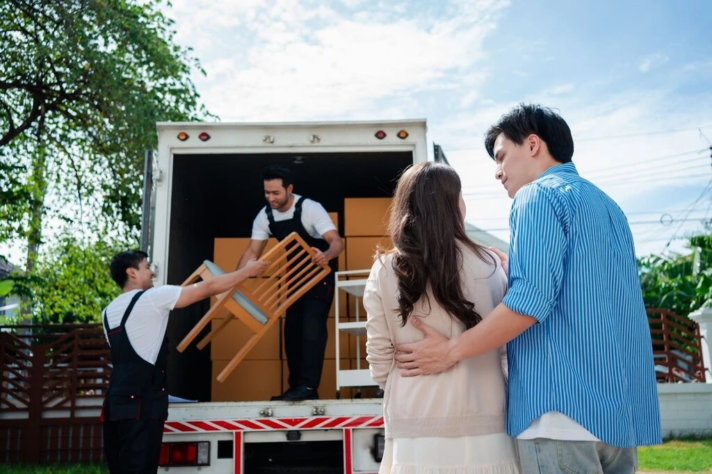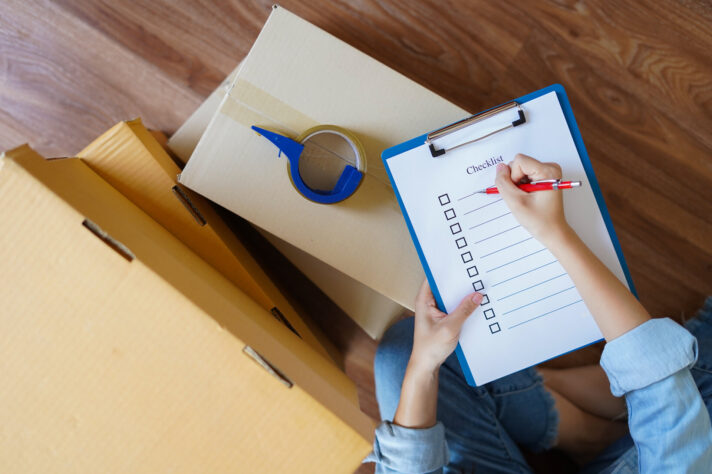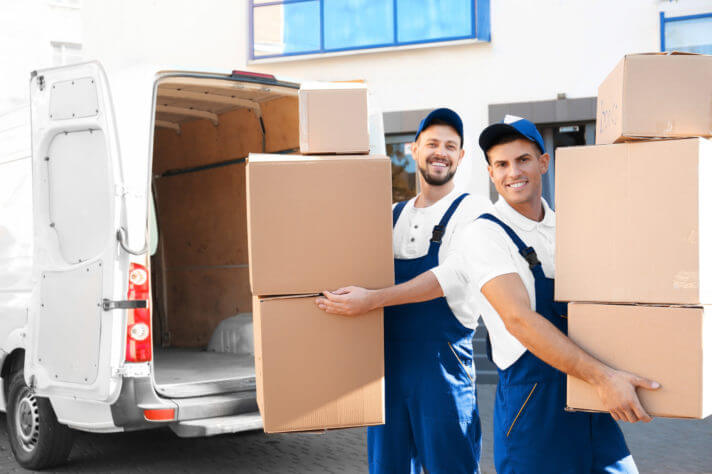One of the common relocation mistakes people make is that they bring along a bunch of junk and items they do not need. And not only that your packing will be a nightmare, but unpacking after the move will be too. Not to mention that your relocation cost will be higher with more stuff. But if you organize your move and start going through your belongings on time, you will see that you can live without much stuff and start your new life with belongings that are actually worth keeping.
What to Keep When Moving – Things You Shouldn’t Relocate Without
When a person is changing city or state, deciding what to keep when moving is probably the hardest part. And to be fair, we are all hoarders deep down, and we all have a bunch of things we keep but don’t need. On the other hand, some belongings are essential for our normal functioning. And knowing to distinguish between belongings we need and those we don’t is essential when long-distance moving.
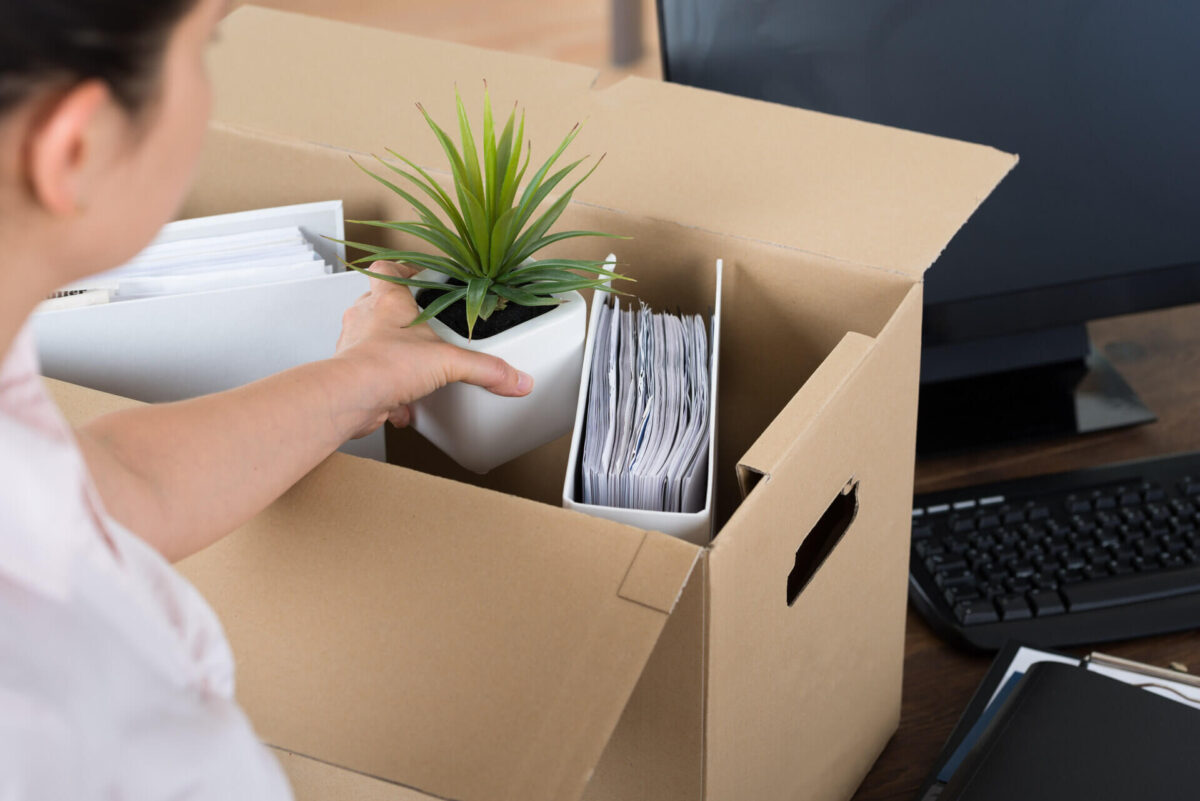

How to Decide What to Get Rid of and What to Keep When Moving Cross Country
One of the best relocation hacks you can implement is that you start sorting your belongings before you contact a cross-country moving company. If you start early, you will have time to make a household inventory list of belongings you plan to bring with you. This way, movers will be able to give you a more accurate estimation of the long-distance moving services cost. And while you are making this list, you will have to decide what to keep and what to throw away. The golden rule of every decluttering is to keep only the items you are using. Everything that hasn’t been used for more than two years must go.
Before You Decide What to Keep and What to Sell When Moving, Estimate the Value of Items
Determining the value of your belongings can be tricky because some belongings are more valuable for you than others. So how do you decide? As we suggested earlier, implement the golden rule of every item. Create a pile of stuff you consider to throw in every room, and later you will go through those piles again. When going through piles, put aside things you think have some value, go on eBay and see the prices other people set. If it is worth anything, take a photo inventory of all stuff you plan to sell and put them online.
Decide What to Keep and What to Throw Away, Purge Your Home and Get Rid of Things You Don’t Need
While estimating the value of your belongings, you will have many belongings that must be thrown, like old medicine or half-used bottles of shampoo. Also, get rid of all belongings you don’t use and those meaningless or without value to you. You can either donate unwanted items or throw them. Go through your box of electronics and cables to see what is worth keeping. There are probably a bunch of cables and chargers you have no usage of.
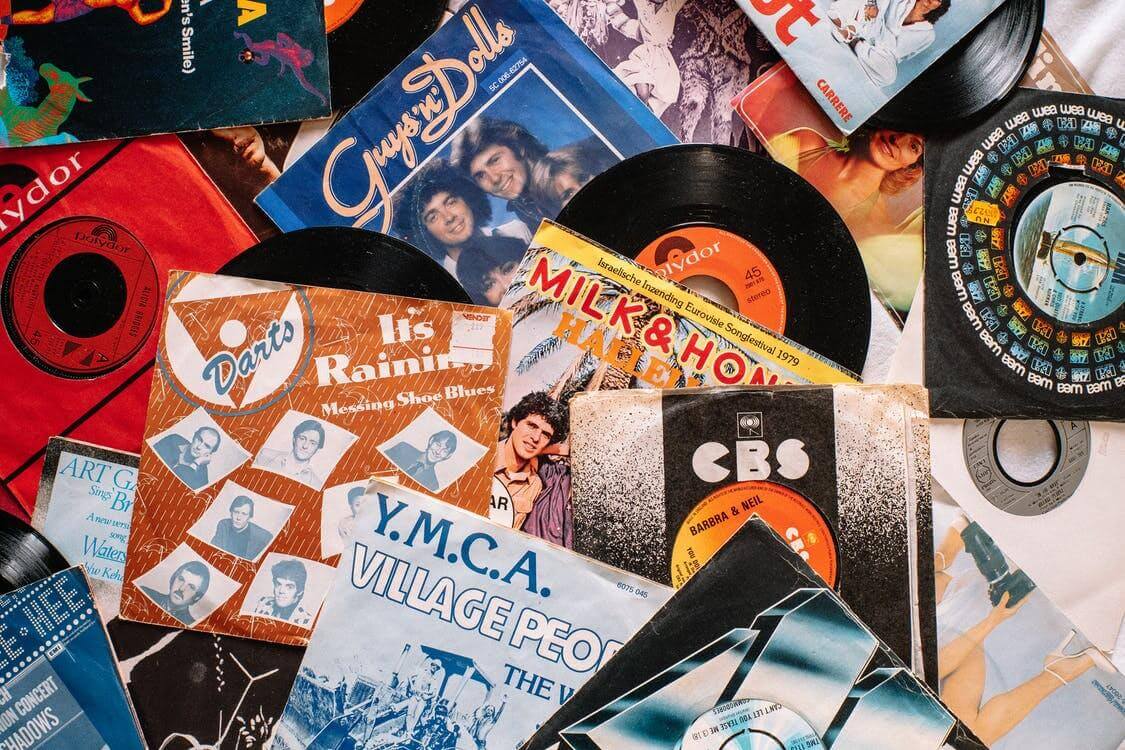

What to Keep When Moving With a Cross-Country Moving Company – What Items Are Worth Moving Cross-Country?
So we have an answer to the question, “What should I throw away when I move?” Still, it doesn’t give us an exact answer to what to keep. Some stuff has more value for us, even if someone can consider them junk. Therefore only you can make decisions about what you will bring with you. And in order to do so, you will have to implement another rule – “Let go of guilt.” If you have old furniture which you inherited from your grandparents, do not cling to it. If there is no way to salvage it, see where you can donate that furniture. Also, if you have a lot of gifts you never used or liked (mugs, scarves, picture frames, and others) but keep them because of the guilty feeling, it is now an excellent opportunity to get rid of them.
Keep Your Precious Memories When Preparing for Long-Distance Moving
When relocating to a new house and purging the old one, people are tempted to throw away everything. They lose patience and just start throwing everything away. That is why it is important to start with decluttering early, so you do not throw away anything important in the spur of the moment.
A pile system is excellent in preventing losing something vital because you will go through the same belongings at least twice. So if some belongings from that pile remind you of some important event in your life, you should keep that item. But of course, do not keep everything. For example, if you have more belongings from one family trip, only keep the ones that remind you the most of that event.
Go Through Your Documents Before the Cross-Country Movers Start Packing
Relocating to a new state will bring with it a lot of paperwork. You will have to prepare your home for sale, for example, or have papers ready before you start with house hunting. Furthermore, if you plan to use an auto shipping service, your car’s papers must be ready for long-distance movers as well. Organizing important documents and going through a bunch of paper is probably a nightmare for everybody. But if you start with this on time with a good strategy and some tips, you will finish it in a blink of an eye. Take on the box to put inside all the papers you think you will not need anymore, but do not throw away those papers immediately, nor until you go through them again. Something important might end up there by accident. Then divide all your papers in the following order:
- Personal documents – Put here IDs, social security cards, and passports of all family members and medical and school records and diplomas and certificates.
- Home papers – Proof of ownership or mortgage, blueprints, permits, and proof of any renovations.
- Car papers – Car insurance, registration, and loan or proof of paid debt.
- Bills and coupons – Put all ongoing bills and coupons here. Whether you plan to transfer your utilities or cancel them, you should keep bills for a couple of months.
- Testaments and fonds – If you have testaments or fond papers you already know, you must keep them safe. These documents are not easily replaced.
Check out this video for more tips on how to sort your documents.
Only Keep Clothes You Are Actually Wearing
When you start to pack your clothes, keep only the dresses and shirts you are wearing. If you still have jeans from your high school that you hope will fit again, now is the moment to move on. If anything, if you lose weight, you can always buy a new one. The same goes for packing shoes. Keep the comfortable ones, and throw or give someone the rest. On the other hand, if you have some expensive high heels, and know you will not wear them ever again, keep those for your daughter or niece.
What Is Worth Saving From the Kitchen and Being Handled by Long-Distance Movers
Keep aside expensive appliances or kitchenware like a crockpot, microwave oven, mixer, blender, and slow cooker – basically, every kitchen item that you will use. But if you have a bread baker or pasta maker you never used, now is an excellent opportunity to sell those belongings. When you start to pack pots and pans, keep the ones that are in good condition (have all the handles and lids). The same is when you start to pack plates. You should get rid of all the chipped plates you have. Also, go through your pantry and throw all expired spices and food.
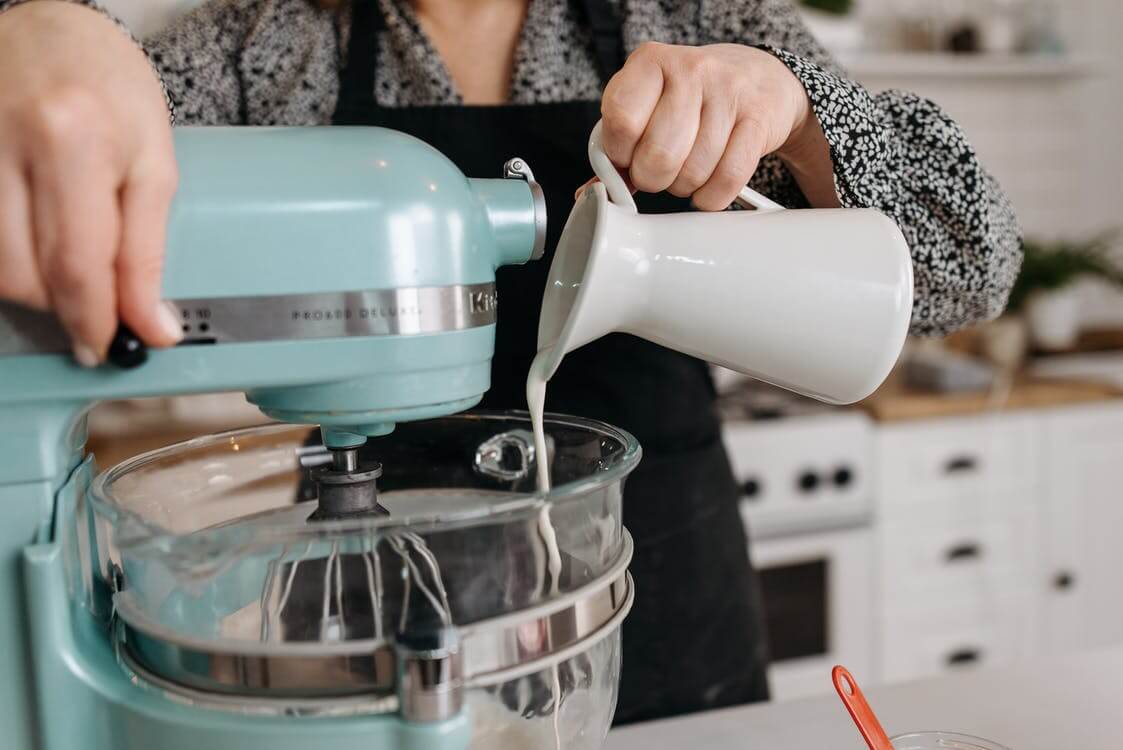

Some Old Stuff Can Be Good in the New Place, so Investing in Cross-Country Moving Services Might Be Reasonable
If you are good with crafting stuff out of wood, you can always try and refurbish your old chair, sofa, or even china cabinet and thus get new, unique furniture for your new place. So when thinking about what to get rid of when moving across the country, consider this option, too. On the other hand, if you are not good with crafting, ask around and see how much it will cost to pay someone to do it. Some antique furniture is worth saving, and the restoration price may be more economical than buying one.
Consider Renting a Storage From a Long-Distance Moving Company
If you are relocating at the last minute and maybe going to a smaller home, you probably will not have enough time to sort all your belongings. If this is the case, consider renting a storage unit from your long-distance moving company. Reputable cross-country movers usually have this service included in cross-country moving services, free of charge for a whole month. With this service, you will have enough time to settle in and go through your belongings at your pace.
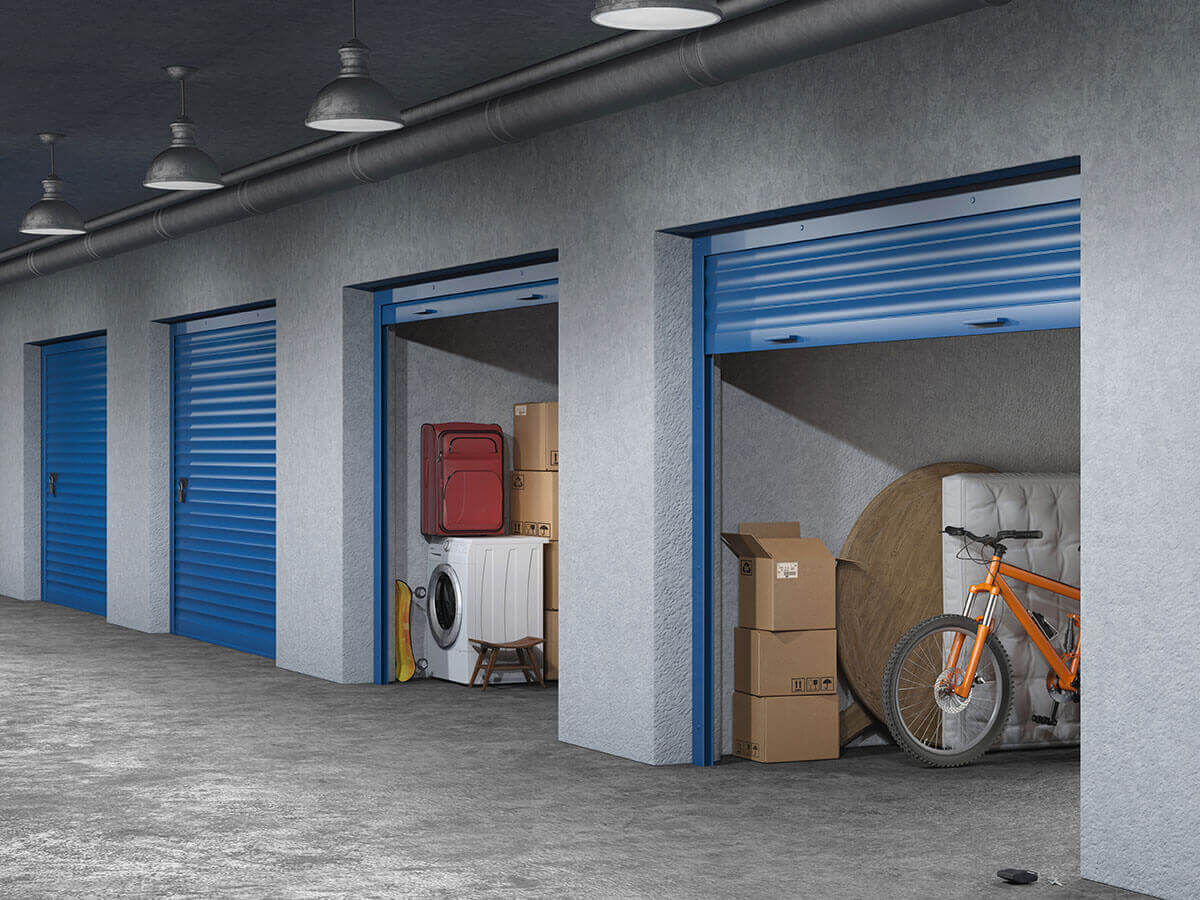

Start Packing Yours “to Keep” Pile on Time and Don’t Forget About the Essentials
Every professional mover will tell you that the best relocation day tip is to have your box or bag of essentials packed. When deciding what to keep and what to sell when moving, put aside your necessities along the way. Pack all the belongings you will need for a couple of days, like you are going on a short vacation, from bathroom items and hygiene products to medicine and first aid supplies. Of course, your clothing should be there too, as well as bedding for you and your family.
Furthermore, if you are relocating with kids, the best way to keep them happy is to bring their favorite toys. Do not forget cleaning supplies so you can clean everything before you start unpacking. Bring some food, snacks, water, and coffee too.
Is It Worth Paying for Packing When Moving?
Once you are done with decluttering, you may feel tired to pack everything, and you probably wonder should you hire movers for packing service. This may feel like overindulging yourself, but in the end, it will pay off. With this service, you will not have to buy any protective materials (for starters,) and not to mention that your insurance will be much higher. And last but not least – with professional tips and tricks, your unpacking will be even faster. Bear in mind that this service will not cost you that much if you get rid of all unwanted belongings.
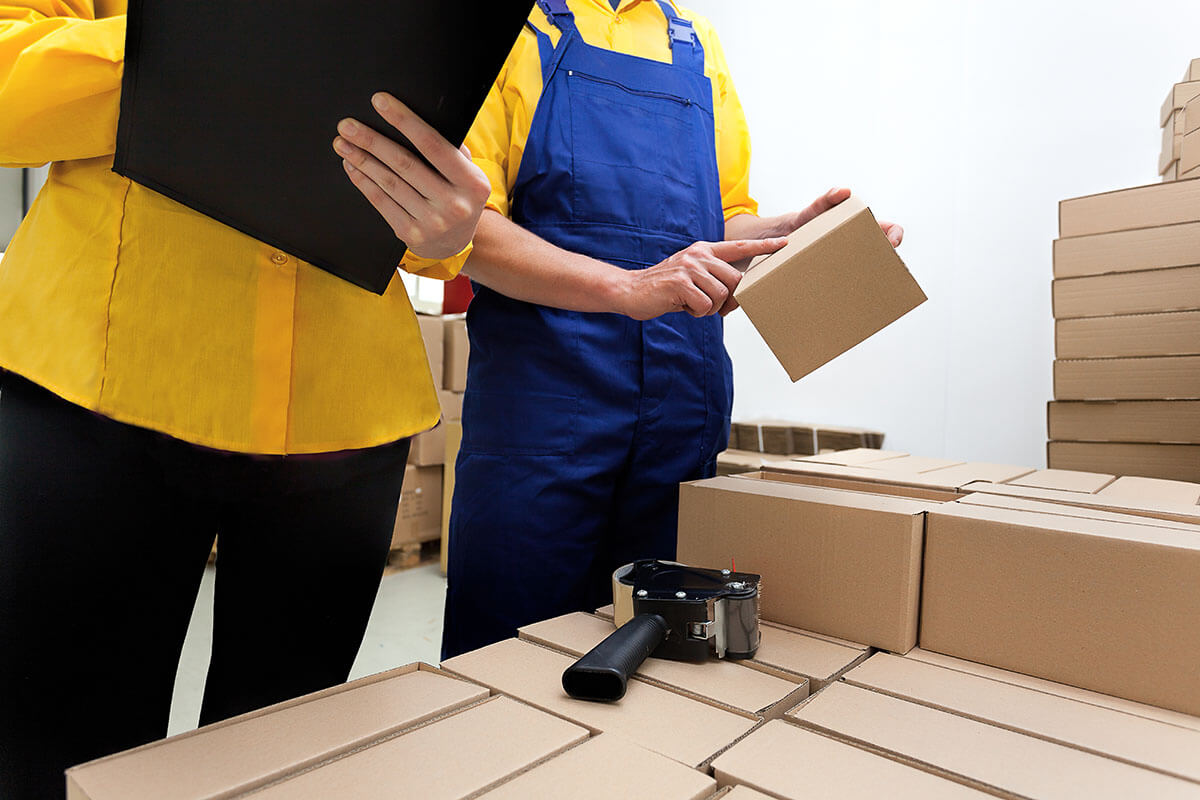

What Items Will Movers Not Move?
Well, we talked about what belongings you should keep but what about belongings you must not bring with you? There are stuff movers won’t move, and believe it or not, relocating a piano is not one of those things. They will not take food, plants and flammable and otherwise hazardous materials. So bring those belongings with you or throw them before your truck arrives. Create a plan and start spending all food from your pantry and refrigerator on time. When it comes to relocating your plants long-distance, this is not impossible, only a bit difficult, and it depends on the rules and regulations of the state you are living in and relocating to. So when you contact your movers, ask them about this and what your options are.
FAQ
What Should I Keep When Moving to a New Home?
When long-distance moving to a new home, it’s important to keep in mind what items are essential and valuable to you. You should keep important documents such as passports, birth certificates, and financial records. You may also want to keep sentimental items such as family photos or heirlooms that hold sentimental value. In addition, it’s important to keep items that you use frequently, such as clothing, toiletries, and electronics. It’s also a good idea to keep a few basic tools, a first-aid kit, and cleaning supplies on hand to help you settle into your new home. By prioritizing these items, you can ensure a smoother transition to your new living space.
How Do I Determine What to Keep and What to Get Rid of During a Move?
Determining what to keep and what to get rid of during a move can be a daunting task, but there are a few strategies you can use to make the process easier. Start by assessing the practicality and functionality of each item. Consider whether you use the item frequently, if it serves a specific purpose, or if it holds sentimental value. If an item no longer serves a practical or functional purpose, consider getting rid of it.
You can also sort items into categories such as keep, donate, sell, or toss. Another useful strategy is to set a timeframe for making decisions about each item, such as a few seconds or a minute, to prevent overthinking and indecisiveness. By using these strategies, you can make informed decisions about what to keep and what to get rid of, ensuring that you only bring with you what you truly need and value.
Should I Keep or Sell/Donate Items That I Don’t Use or Need Anymore?
Whether to keep, sell, or donate items that you no longer use or need during a move ultimately depends on your personal preferences and circumstances. If an item holds sentimental value or is frequently used, it may be worth keeping. However, if an item is no longer practical or useful, it may be better to sell or donate it. Selling items can be a good way to earn extra money for your move while donating items can help others in need and reduce waste. In general, it’s a good idea to declutter and simplify your belongings during a move to make the process easier and more efficient. By assessing the practicality and functionality of each item and considering your personal preferences and circumstances, you can make informed decisions about whether to keep, sell, or donate items.
How Can I Decide What Sentimental Items to Keep During a Move?
Deciding what sentimental items to keep during a move can be a difficult task, as each item may hold a special memory or sentimental value. To make this decision easier, consider the significance and uniqueness of each item. Ask yourself if the item brings you joy, comfort, or a sense of connection to a loved one or a particular time in your life. If an item is easily replaceable or has little significance, it may be easier to part with it. Consider taking photographs of sentimental items that are difficult to transport, such as large or fragile items, to help preserve the memories associated with them. Ultimately, the decision of what sentimental items to keep during a move is a personal one, and you should prioritize what is most meaningful and valuable to you.
What Documents and Records Should I Keep With Me During the Move?
When moving, it’s important to keep important documents and records with you to ensure their safety and accessibility. These may include personal identification documents such as passports, birth certificates, and driver’s licenses, as well as financial documents such as bank statements, investment records, and insurance policies. You should also keep medical records, including prescriptions and vaccination records, as well as important legal documents such as wills, marriage licenses, and property deeds. It’s a good idea to keep these documents in a secure and easily accessible location, such as a dedicated folder or briefcase that you carry with you during the move. By prioritizing these important documents, you can ensure that they are safely and securely transported to your new home.
Can I Keep Large Furniture Items That May Not Fit In My New Home?
While it may be tempting to keep large furniture items that may not fit in your new home, it’s important to consider the practicality and feasibility of doing so. If the item holds sentimental or monetary value, you may want to consider storing it in a secure location or selling it. However, if the item is outdated or impractical, it may be better to let it go. Keeping large furniture items that don’t fit in your new home can create unnecessary clutter and make it difficult to settle into your new living space. Additionally, transporting and storing large items can be costly and time-consuming. Consider the cost and effort required to transport and store large items and weigh them against the potential benefits before making a decision.
How Can I Keep Items That I Don’t Need Immediately but May Need in the Future?
If you have items that you don’t need immediately but may need in the future, you may want to consider storing them in a dedicated storage space. This can include items such as seasonal clothing, holiday decorations, or hobby equipment. Consider investing in sturdy and durable storage containers that are designed to protect your items from damage, dust, and pests. Label each container with a description of its contents to make it easy to locate specific items when you need them. Additionally, consider using a climate-controlled storage space if you have items that are sensitive to changes in temperature or humidity. By properly storing items that you don’t need immediately, you can keep them safe and accessible for future use without cluttering your living space.
What Are Some Items That I Should Not Keep When Moving?
When moving, it’s important to be selective about what items you bring with you. Some items you may want to consider not keeping include:
- Outdated or broken electronics or appliances that are unlikely to be repaired or used in the future.
- Worn-out or ill-fitting clothing that you haven’t worn in a while.
- Expired or unused toiletries and cosmetics that are no longer safe to use.
- Bulky or heavy items that are difficult to transport or don’t have practical use in your new living space.
- Outdated or unnecessary paperwork, such as old bills or receipts.
- Duplicate items or items that serve the same purpose, such as excess kitchen utensils or multiple sets of bedding.
By decluttering and getting rid of unnecessary items, you can make your move more efficient and less stressful, and ensure that you only bring with you what you truly need and value.
How Can I Safely Store and Transport Valuable Items During a Move?
To safely store and transport valuable items during a move, use sturdy and durable packing materials, label the boxes clearly, transport them in a secure and climate-controlled vehicle, and consider purchasing additional insurance coverage to protect against damage or loss.
Can I Store Some Items in a Storage Unit During a Move?
Yes, storing items in a storage unit can be a convenient option during a move, especially if you have items that you don’t need immediately but want to keep for future use. You can store seasonal items such as holiday decorations or out-of-season clothing, as well as furniture or large items that you may not have room for in your new living space. When choosing a storage unit, consider the size and location of the unit, as well as the security and climate-control features. Pack your items securely and label the boxes clearly to make it easy to locate specific items when you need them. By storing items in a storage unit during a move, you can simplify the moving process and ensure that your belongings are safely and securely stored until you are ready to use them again.


